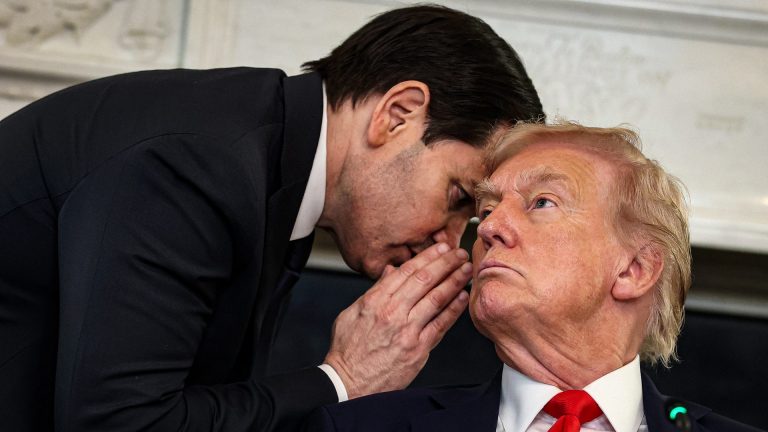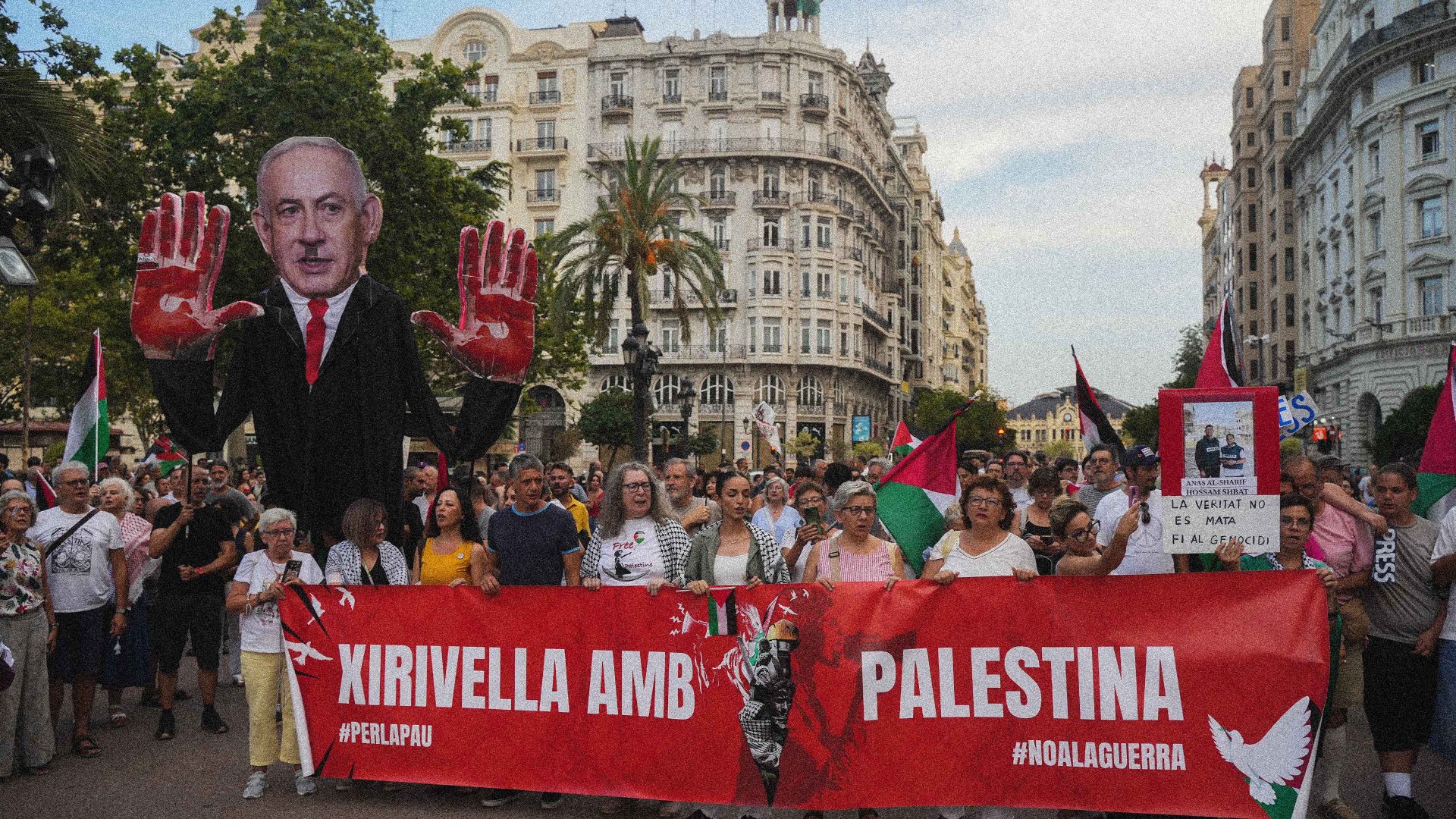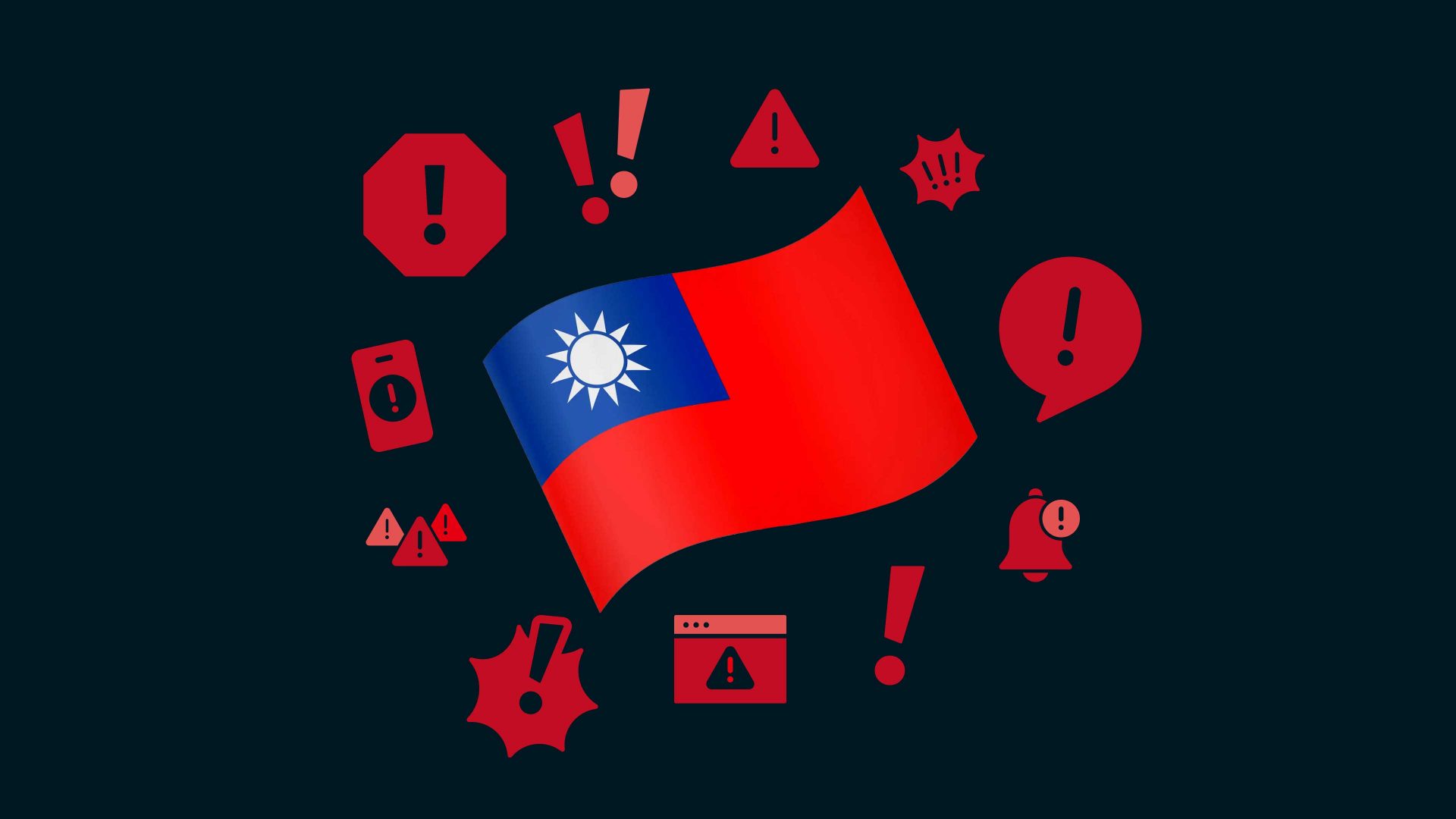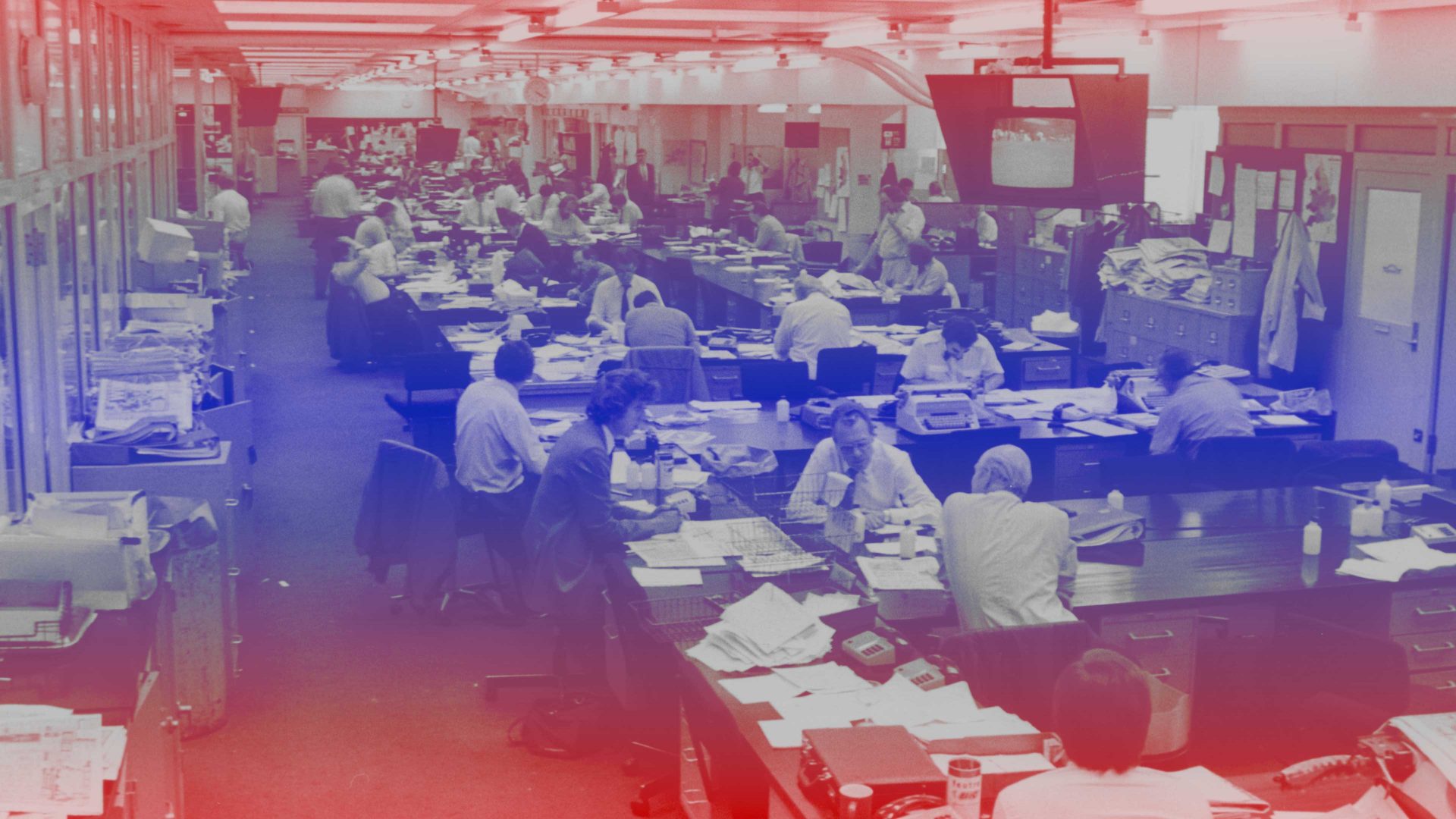In Valencia, protesters with Palestinian flags and keffiyehs gathered outside the bullring, the 36th pro-Palestinian march in the Mediterranean city since war in the Middle East began. The night before, thousands had taken to the streets in cities across the country. The day before that, students had gone on strike, and protests against an Israeli team in the recent La Vuelta bike race forced its cancellation and made international headlines.
Spain, especially prime minister Pedro Sánchez, has been one of the world’s most pro-Palestinian voices, recognising statehood a year before other countries did likewise. Spanish public opinion is firmly behind Palestinians: polling suggests 82% of Spaniards believe Israel is committing genocide.
Outside Valencia’s modernist train station, a security guard watches on. Taking in the press pass and notepad, he looks me up and down. “I know you’ve come here to try to get something out of me,” he says, waving me away. We begin talking. He’s quick to defend the right to protest; people should be able to do this, he says, gesturing to the crowds, but I note a scepticism in his voice. What really bugs him, he says, is that “there’s no consistency.” He shrugs, suggesting the protesters are selective, and mentions the wave of civil wars and coup d’états in the Sahel.
The crowd swells, leaking across the road. Police lights flash. Traffic is cut. Wheelchairs and pushchairs struggle through the horde and a long line of delivery drivers on electric scooters are stopped in the bike lane. As the protest sets off, I cut down the backstreets where businesses are bustling like any other Saturday night. The chants and whistles fade into background; the terraces are full, there are queues for Bubble Tea and frozen yoghurt stalls. Most people shrug and say they had no idea there was a protest. Some ask what it’s all about. Many are vaguely supportive.
I continue into town. As the protest passes, tourists take out their phones. Waiters stand curiously on the street. Three twentysomethings, dressed for a night out, bustle along. I ask them what they think of the march. “It’s not enough for people to take to the streets,” says one girl, pointing over her shoulder. “No matter how many people take to the streets, nothing changes.”
Suggested Reading


It had to be Trump.. and that’s embarrassing
Another puffs on her vape, adding: “I think they focus more on foreign policy than Spain… Have they done anything about the floods?” Valencians have protested monthly since the deadly floods a year ago, and at the bullring I saw placards calling for the regional president to resign for his role in the disaster.
In the old town I enter a gloomy bar and step into the scattergun rhythms of Spanish football commentary. A group of locals sit around watching the Madrid match, oblivious to the protests, oblivious to me. Nobody wants to talk politics here, kid, an old man says. Zig-zagging back through the streets, I can hear the demonstration. But at all the bars and restaurants I pass, it’s lively and jovial just like any other weekend. Most don’t even notice the protest. A stag-do stumbles by.
Back on the main road, there’s a tense moment outside a Starbucks when protesters block the entrance and police don their riot gear. One officer tells me the official estimate is 10,000 protesters but it feels like more than that. Further down the road, a man leans against a newspaper kiosk smoking a cigarette and watching the marchers go by. “Is this your kiosk?” I ask. “It is,” he says, “and I don’t agree with any of this.”
We get talking – Manu is his name. I ask if the protests disrupt business. “If it was just one, no, but it’s continuous,” he explains, “if it’s not one thing it’s another, they cut off traffic… it disrupts normal life.”
He agrees that Spaniards are generally pro-Palestinian, and that the situation in Gaza is deplorable, but feels the demonstrators are “radical left” and overly focused on foreign wars. “People only see what they want to see,” he says. “The problems here, they’re not interested in… housing for young people. The villages where the floods happened last year, there are people still asking for help.” He tosses his cigarette and gets back to work. “We look at the other side of the world, but we don’t do it here.”
Conor Faulkner is a freelance writer living in Valencia



